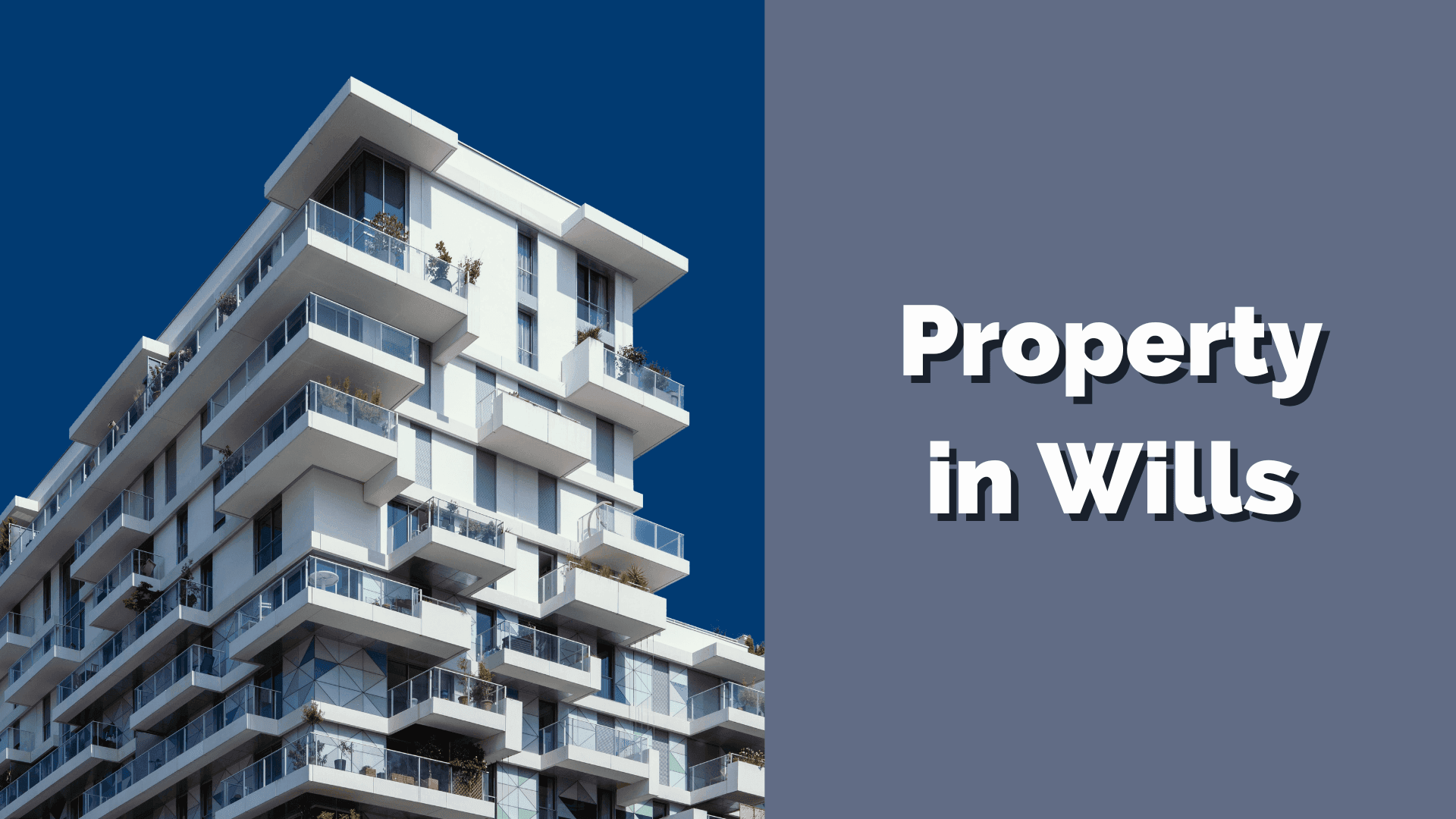
Property in Wills
1 min read
The property that you own might be the most valuable asset in your estate and it is important to know how it is given away when you pass away. The following are information in relation to your property in our online Will:
How do I give away my property?
In our online Will service, your property would form part of your residuary estate and so it would be split amongst the chosen beneficiaries. The trustees have the flexibility though to choose whether to sell the property and split the proceeds or sell the property to one beneficiary and give cash to the other.
The way you own your property would the affect the distribution in your Will, so it is important that you understand how it works:
Sole Owner
Your property would form part of your residuary estate and be divided amongst the beneficiaries.
Joint Tenants
You own the property in equal shares with others. This means your share does not form part of your residuary estate but to the surviving owners of the property in equal shares. Your property therefore falls outside the distribution of your Will.
Tenants in Common
You own a share of the property and when you pass away, your share forms part of your residuary estate. It therefore follows the distribution in your Will.
If you have any questions or are unsure with the ownership of your property, you can conduct a property search online via the land registry or contact the lawyer who assisted you with the sale and purchase of the property.
For those who live in states with community property, you could also have chosen to hold the property together in the form of community property with your spouse.
What happens to the mortgage of my property?
Generally, if your bank is notified of your passing, your mortgage loan will not be frozen and the outstanding balance will continue to accrue interest. Your bank account to repay your loan however would be frozen, so your executors should contact your bank as soon as possible to discuss the available options.
If you own the property jointly or as community property, then the surviving owners should continue to pay for the mortgage, and not wait until the probate process is complete.
- property
- mortgage
- sole owner
- joint tenants
- tenants in common
- estate
DISCLAIMER: This article is for general information only and does not constitute legal advice. While many simple estates can be managed using reliable online Will-writing tools, more complex situations may require tailored advice from a professional.